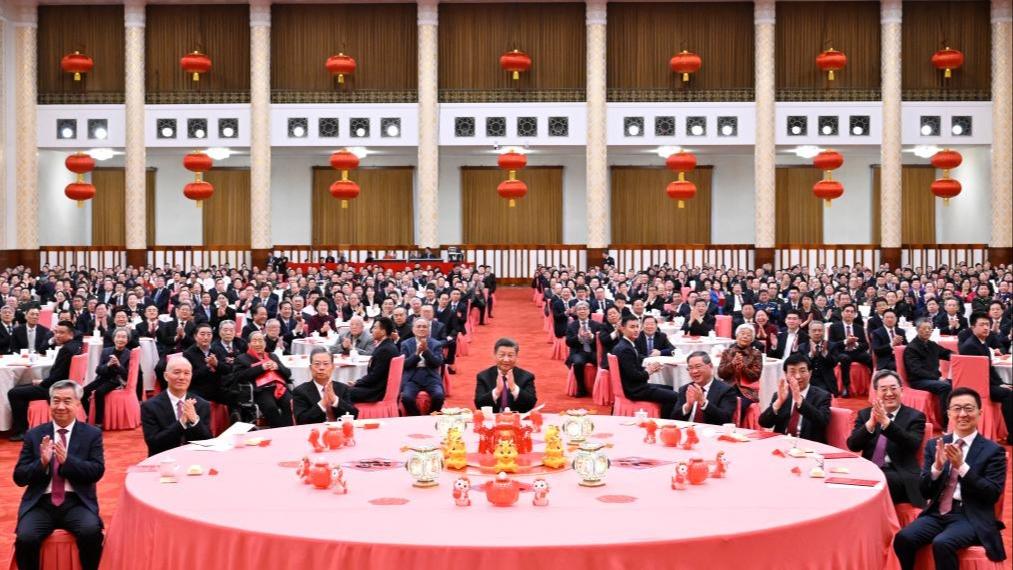Ministry of Foreign Affairs of the People's Republic of China Is Authorized to Release the Position Paper of the Government of the People's Republic of China on the Matter of Jurisdiction in the South China Sea Arbitration Initiated by the Republic of the Philippines
On 7 December 2014, the Ministry of Foreign Affairs of the People's Republic of China is authorized to release the Position Paper of the Government of the People's Republic of China on the Matter of Jurisdiction in the South China Sea Arbitration Initiated by the Republic of the Philippines. The Position Paper reiterates its firm standing that the Chinese Government will neither accept nor participate in the arbitration, and elaborates at length on the legal basis for its position that the Arbitral Tribunal does not have jurisdiction over this case.
On 22 January 2013, the Philippines unilaterally initiated compulsory arbitration proceedings with respect to the relevant issues between China and the Philippines in the South China Sea. Since then, the Philippines has obstinately pushed for the above-mentioned arbitration proceedings despite repeated objections of China.
The Position Paper states that the essence of the subject-matter of the arbitration is the territorial sovereignty over several maritime features in the South China Sea, which is beyond the scope of the United Nations Convention on the Law of the Sea and the jurisdiction of the Arbitral Tribunal.
The Position Paper states that China and the Philippines have agreed, through bilateral instruments and the Declaration on the Conduct of Parties in the South China Sea, to settle their relevant disputes through negotiation and that by unilaterally initiating the present arbitration, the Philippines has violated its obligation under international law.
The Position Paper states that the subject-matter of the arbitration constitutes an integral part of maritime delimitation between the two countries, thus falling within the scope of the declaration filed by China in 2006, which excludes, inter alia, disputes concerning maritime delimitation from compulsory arbitration and other compulsory dispute settlement procedures.
The Position Paper emphasizes that the Arbitral Tribunal manifestly has no jurisdiction over the present arbitration and that, by virtue of the freedom of every State to choose the means of dispute settlement, China's rejection of, and non-participation in, the present arbitration stand on solid ground in international law.
The Position Paper further notes that the issue of the South China Sea involves a number of States. Its final resolution demands patience and political wisdom from all parties concerned. The parties concerned shall seek proper ways and means of settlement through consultation and negotiation on the basis of respect for history and international law. Pending its final settlement, all parties concerned should engage in dialogue and cooperation to preserve peace and stability of the South China Sea, enhance mutual trust, clear up doubts, and create conditions for the eventual resolution of the issue.
The Position Paper concludes that the unilateral initiation of the present arbitration by the Philippines will not change the history and fact of China's sovereignty over the South China Sea Islands and the adjacent waters; nor will it shake China's resolve and determination to safeguard its sovereignty and relevant maritime rights and interests; nor will it affect China's policy and position of resolving the disputes in the South China Sea by direct negotiation and working together with other States in the region to maintain peace and stability in the South China Sea.

